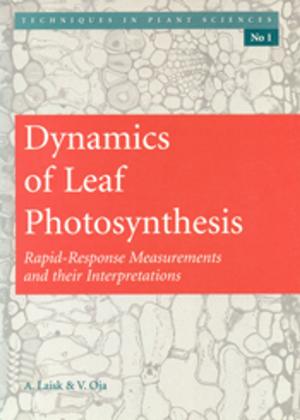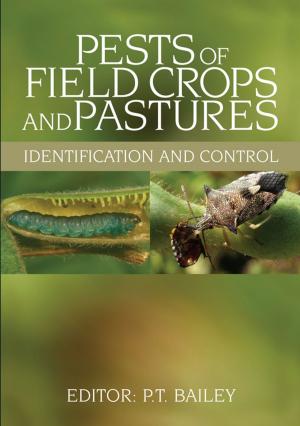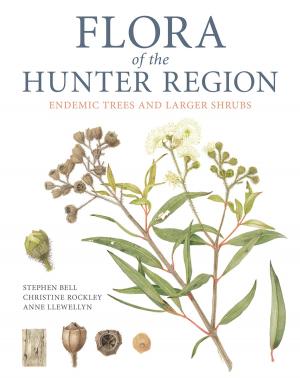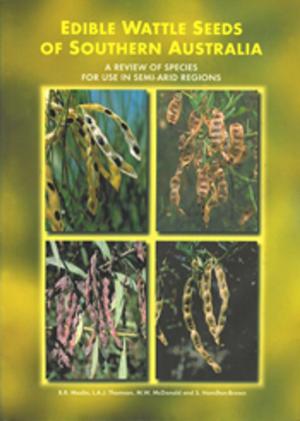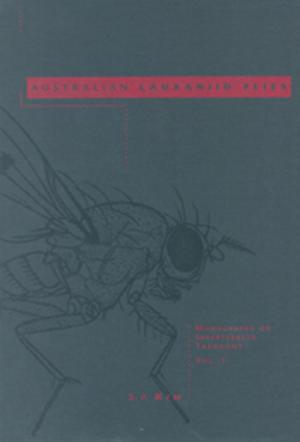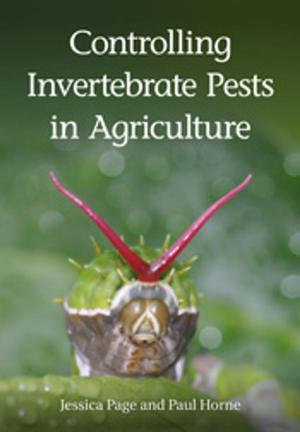Tree-kangaroos of Australia and New Guinea
Nonfiction, Science & Nature, Science, Biological Sciences, Zoology, Nature| Author: | ISBN: | 9780643099753 | |
| Publisher: | CSIRO PUBLISHING | Publication: | July 4, 2005 |
| Imprint: | CSIRO PUBLISHING | Language: | English |
| Author: | |
| ISBN: | 9780643099753 |
| Publisher: | CSIRO PUBLISHING |
| Publication: | July 4, 2005 |
| Imprint: | CSIRO PUBLISHING |
| Language: | English |
To many people, the suggestion that a kangaroo could live up a tree is fantasy. Yet, in the rainforests of Far North Queensland and New Guinea, there are extraordinary kangaroos that do just that. Many aspects of these marsupials' anatomy and biology suggest a terrestrial kangaroo ancestor. Yet no one has, so far, come forward with a convincing explanation of how, why and when mammals that was so superbly adapted for life on the ground should end up back in the trees. This book reviews the natural history and biology of tree-kangaroos from the time of their first discovery by Europeans in the jungles of West Papua in 1826 right up to the present day, covering the latest research being conducted in Australian and New Guinea. Combining information from a number of disparate disciplines, the author sets forth the first explanation of this apparent evolutionary conundrum.
To many people, the suggestion that a kangaroo could live up a tree is fantasy. Yet, in the rainforests of Far North Queensland and New Guinea, there are extraordinary kangaroos that do just that. Many aspects of these marsupials' anatomy and biology suggest a terrestrial kangaroo ancestor. Yet no one has, so far, come forward with a convincing explanation of how, why and when mammals that was so superbly adapted for life on the ground should end up back in the trees. This book reviews the natural history and biology of tree-kangaroos from the time of their first discovery by Europeans in the jungles of West Papua in 1826 right up to the present day, covering the latest research being conducted in Australian and New Guinea. Combining information from a number of disparate disciplines, the author sets forth the first explanation of this apparent evolutionary conundrum.



